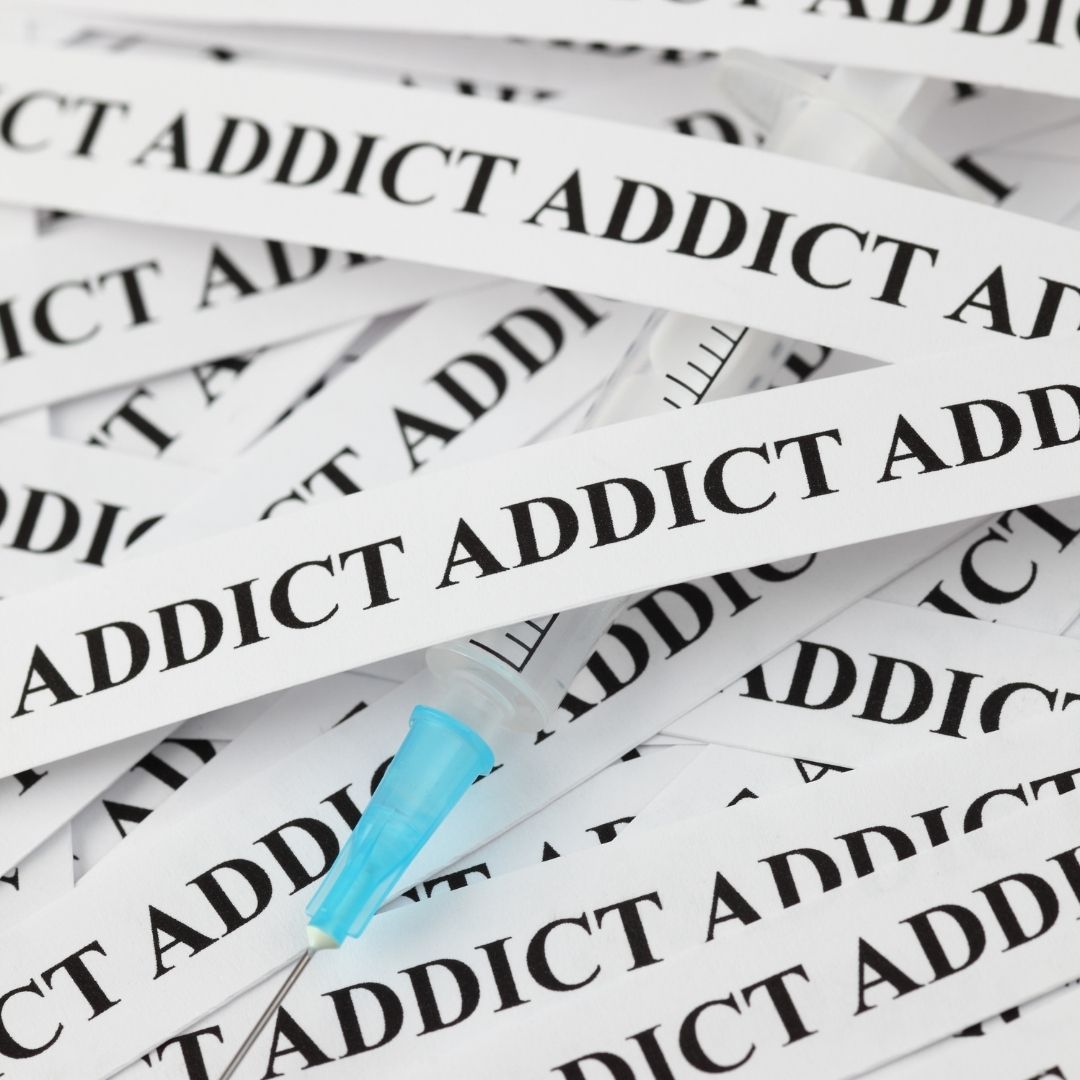What is Effexor Addiction?
Effexor (venlafaxine) is a prescription medication primarily used to treat depression, anxiety, and panic disorders. While it is not typically classified as a drug of abuse, individuals who take it for extended periods or in high doses can develop a dependence, leading to Effexor addiction. When dependence turns into addiction, stopping the medication can result in severe withdrawal symptoms, making it difficult to quit without professional help.

How Effexor Works and Why It Can Be Addictive
Effexor is a serotonin-norepinephrine reuptake inhibitor (SNRI), meaning it increases serotonin and norepinephrine levels in the brain. These neurotransmitters play a critical role in mood regulation, stress response, and emotional well-being. Over time, the brain becomes reliant on Effexor to maintain these chemical balances, leading to physical and psychological dependence.
Unlike traditional addictive substances such as opioids or benzodiazepines, Effexor addiction often manifests as a psychological reliance rather than a craving-driven compulsion. However, withdrawal symptoms can be so severe that users feel compelled to continue taking the medication just to avoid them, reinforcing dependency.
Signs and Symptoms of Effexor Addiction
Recognizing Effexor addiction early is crucial for seeking appropriate treatment. Common signs include:
- Taking higher doses than prescribed
- Experiencing withdrawal symptoms between doses
- Feeling unable to function without the medication
- Using Effexor despite negative side effects
- Seeking multiple prescriptions or sources to obtain the drug
If you or a loved one exhibit these symptoms, seeking professional Addiction Recovery support is essential for long-term health and well-being.
The Dangers of Effexor Withdrawal
One of the biggest risks of Effexor addiction is the withdrawal process. Effexor withdrawal syndrome can begin within hours of missing a dose and can last for weeks, causing severe discomfort. Common withdrawal symptoms include:
- Dizziness and vertigo
- Brain zaps (electrical shock sensations in the brain)
- Severe mood swings and irritability
- Nausea and vomiting
- Insomnia and fatigue
- Flu-like symptoms
- Anxiety and panic attacks
These withdrawal symptoms can be so intense that many individuals relapse just to stop the discomfort, making professional Addiction Treatment necessary for a successful detox.

The Link Between Effexor and Mental Health
Effexor is primarily prescribed for individuals struggling with mental health disorders such as depression, generalized anxiety disorder (GAD), and panic attacks. While it can be highly effective when used correctly, long-term dependence can exacerbate mental health issues.
Many people who develop Effexor addiction originally sought relief from emotional distress but eventually find themselves trapped in a cycle of dependency. This is where integrated mental health and addiction treatment programs, such as those at Ridgeline Recovery, become crucial for healing.
Breaking Free: Effective Treatments for Effexor Addiction
Overcoming Effexor addiction requires a structured approach that includes medical supervision, behavioral therapy, and long-term support. Here’s how to start:
1. Medically Supervised Detox
Effexor withdrawal should never be attempted alone. A medically supervised detox can help ease withdrawal symptoms and prevent dangerous side effects. Medical professionals may recommend tapering off the drug gradually to minimize withdrawal discomfort.
2. Behavioral Therapy and Counseling
Addiction therapy is crucial in addressing the underlying psychological aspects of Effexor addiction. Cognitive-behavioral therapy (CBT), group therapy, and one-on-one counseling sessions help individuals develop healthier coping mechanisms.
3. Holistic Healing Approaches
Holistic approaches, including mindfulness meditation, yoga, and nutritional therapy, can complement medical treatment by reducing stress and promoting emotional well-being.
4. Long-Term Support and Aftercare
The journey to recovery doesn’t end after detox. Ongoing support through Addiction Recovery programs and mental health counseling ensures long-term success.
Understanding the Triangle of Self-Obsession
Many individuals struggling with Effexor addiction find themselves trapped in what’s known as the Triangle of Self-Obsession. This concept highlights how resentment, anger, and fear create a vicious cycle that fuels addiction. Breaking free from this cycle requires self-awareness, therapy, and support from a strong recovery community.
Recognizing When the Body is Detoxing
Detoxing from Effexor can be a challenging process, and knowing what to expect can help ease anxiety. For more insights on what happens during withdrawal, check out Signs That Your Body Is Detoxing: What You Need to Know.
Where to Get Help in Columbus, Ohio
If you or a loved one are struggling with Effexor addiction, you’re not alone. Columbus, Ohio, offers numerous resources to help individuals recover from addiction and mental health disorders.
- Lifestance Health Columbus Ohio – A trusted mental health service provider offering therapy and psychiatric care.
- Methadone Clinic Columbus Ohio – Specializing in medication-assisted treatment (MAT) for opioid addiction, but also offering support for other substance dependencies.

Trivia: Did You Know?
Effexor is one of the most commonly prescribed antidepressants in the United States, with millions of people relying on it for mental health management. However, its withdrawal effects are so severe that some doctors refer to it as “one of the hardest antidepressants to quit.”
Frequently Asked Questions (FAQs)
1. Can Effexor be addictive?
While Effexor is not classified as a controlled substance, individuals can develop dependence due to its powerful effects on brain chemistry.
2. How long do Effexor withdrawal symptoms last?
Withdrawal symptoms can last from a few days to several weeks, depending on the duration and dosage of use.
3. What is the safest way to stop taking Effexor?
Tapering off under medical supervision is the safest way to stop taking Effexor to avoid severe withdrawal symptoms.
4. Does Effexor addiction require inpatient treatment?
It depends on the severity of the addiction. Some individuals benefit from outpatient programs, while others need inpatient care for a more structured recovery.
5. Can therapy help with Effexor withdrawal?
Yes! Therapy, especially cognitive-behavioral therapy (CBT), can help manage withdrawal symptoms and address the root causes of dependence.
Take the First Step Toward Recovery
If you’re struggling with Effexor addiction, you don’t have to face it alone. Professional help is available to guide you through withdrawal and recovery. At Ridgeline Recovery, we offer personalized treatment plans tailored to your unique needs.
Contact us today and take the first step toward a healthier, addiction-free life!







